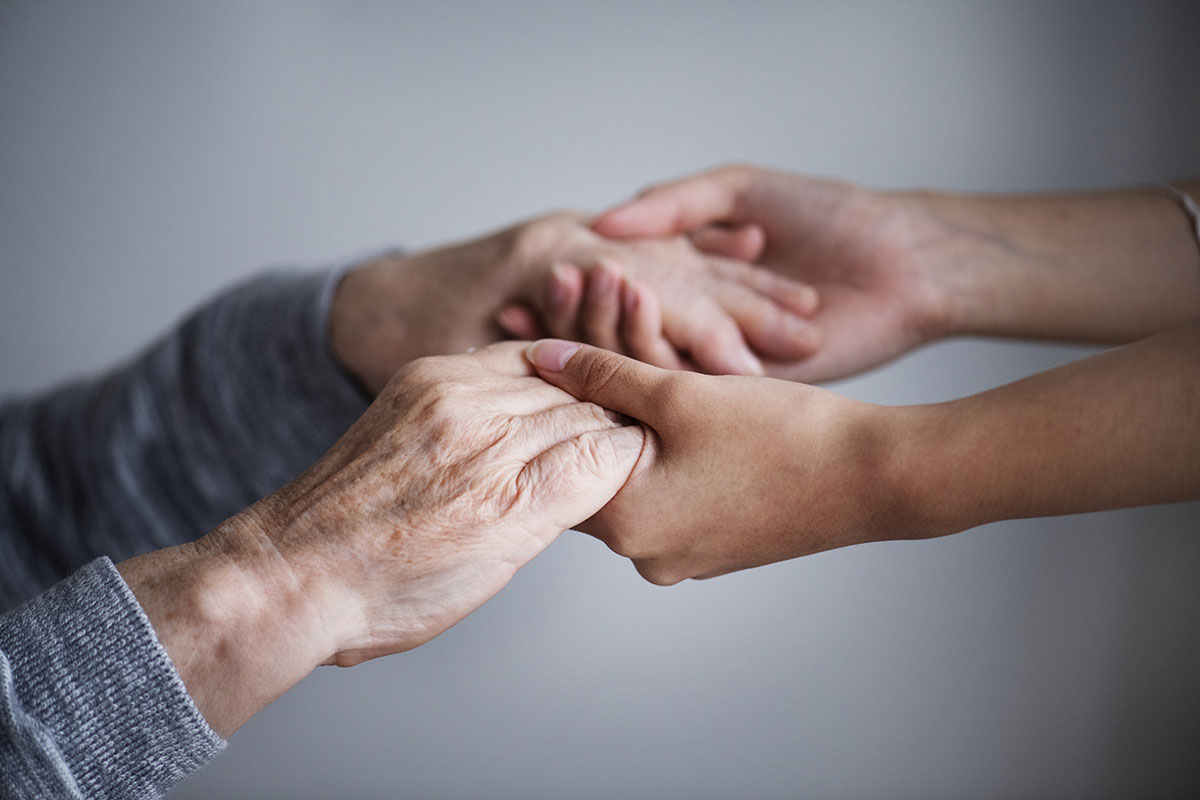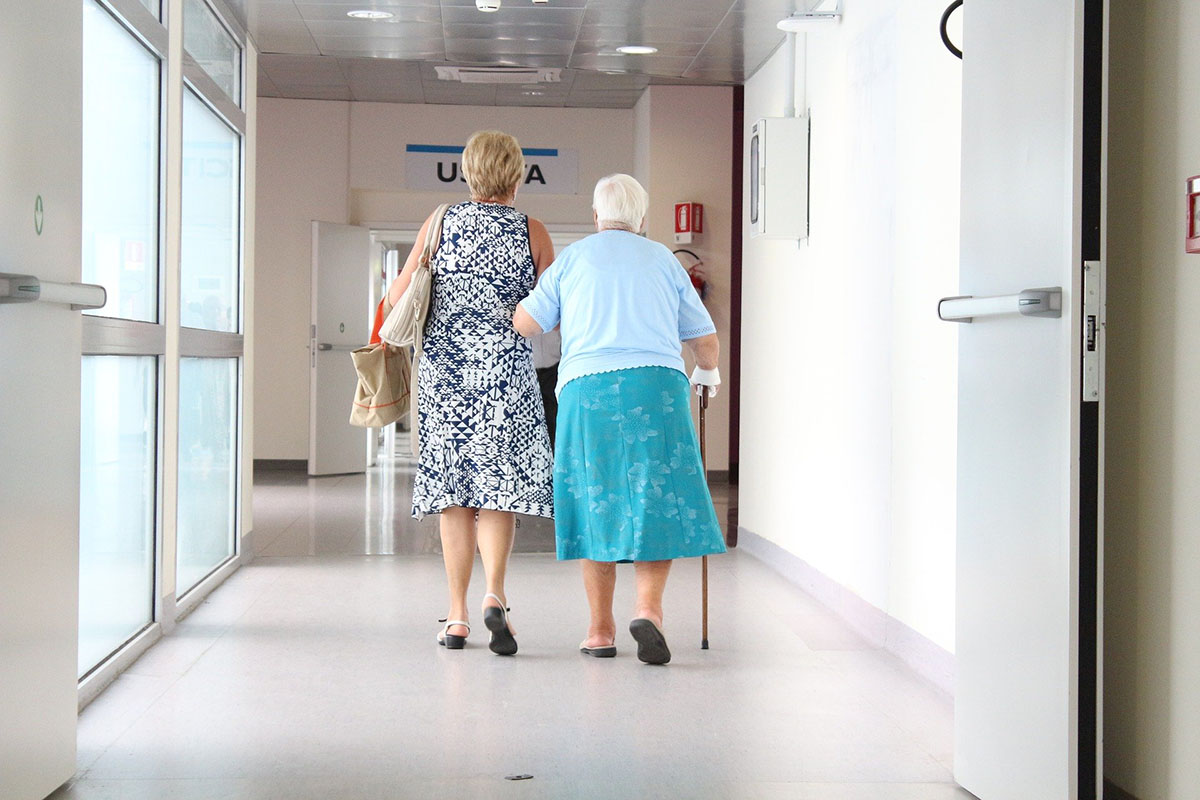Top Signs of Nursing Home Abuse
If you put your aging parent in a nursing home, among your top requirements for the residence is that they get the best care possible. Sadly, despite your efforts to find them a good placement, they may be subjected to nursing home abuse down the road. Look for these warning signs of the abuse of an elderly patient so that you can take proper action, legally and otherwise.
Physical Abuse
Look for signs of bruising or scars on your loved one. Are these open wounds being treated? Also, if you notice that your senior family member has poor hygiene, that could be another sign of nursing home abuse.
For example, you might notice that they smell feces or urine, which could indicate they are not getting the proper help with going to the bathroom. When looking at their appearance, also ask yourself:
- Does their complexion look paler than usual?
- Are they losing weight unexpectedly?
The above-mentioned details are all common signs of nursing home abuse and neglect.
Emotional Abuse
Other signs are more subtle. For example, you might be talking to your elderly parents, and they show signs of dementia. Yet, when you ask the nursing home staff members about it, they do not express having seen this characteristic or any interest in the potential medical problem.
You might also witness a troubling exchange between the patient and the caregiver. For example, they might talk down to your loved one or threaten them. These are all potential signs of emotional abuse and are not okay.
How to Respond to Nursing Home Abuse
If your family member experiences elder abuse, consider taking legal action by hiring a reputable nursing home abuse attorney. A lawsuit can help your family pay for any related medical treatments and holds those who have done wrong responsible for their actions.
If you take legal action, you also send a clear signal that negligence is never right. The more people that get legal representation, the closer the community comes to having nursing facilities that run properly. You’ll also take a step toward ensuring that the facility does not hurt any other elderly patients.
About Caregivers
As a final note, it’s important to note that caregivers are under a lot of stress in their healthcare jobs. While that does not by any means make neglect right – it’s never okay – it does speak to the risk factors for elder abuse.
If a caregiver, for example, does not take care of themselves, they may lash out at a senior patient. They also could be depressed, and they might not have proper support to care for your loved one. Finally, the staff member might not be able to explain your parent’s condition.
If the caregiver is working somewhere that’s not looking out for their best health, then your family member’s health as a resident there could also be at risk. Looking at how caregivers act is as important as knowing the physical and emotional signs listed above to help determine if there is neglect.




















